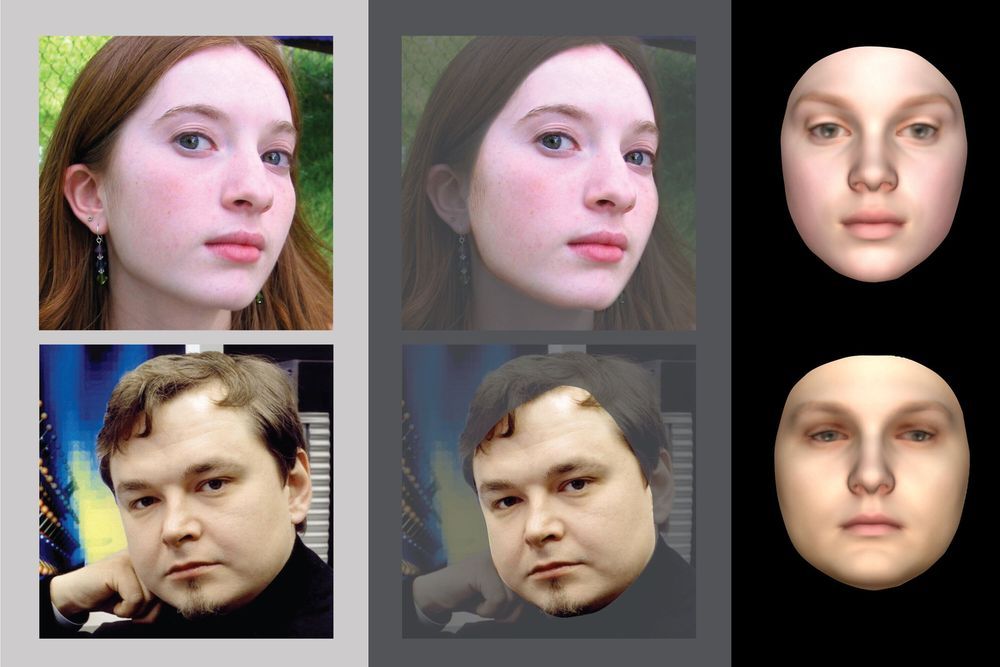When we open our eyes, we immediately see our surroundings in great detail. How the brain is able to form these richly detailed representations of the world so quickly is one of the biggest unsolved puzzles in the study of vision.
Scientists who study the brain have tried to replicate this phenomenon using computer models of vision, but so far, leading models only perform much simpler tasks such as picking out an object or a face against a cluttered background. Now, a team led by MIT cognitive scientists has produced a computer model that captures the human visual system’s ability to quickly generate a detailed scene description from an image, and offers some insight into how the brain achieves this.
“What we were trying to do in this work is to explain how perception can be so much richer than just attaching semantic labels on parts of an image, and to explore the question of how do we see all of the physical world,” says Josh Tenenbaum, a professor of computational cognitive science and a member of MIT’s Computer Science and Artificial Intelligence Laboratory (CSAIL) and the Center for Brains, Minds, and Machines (CBMM).
